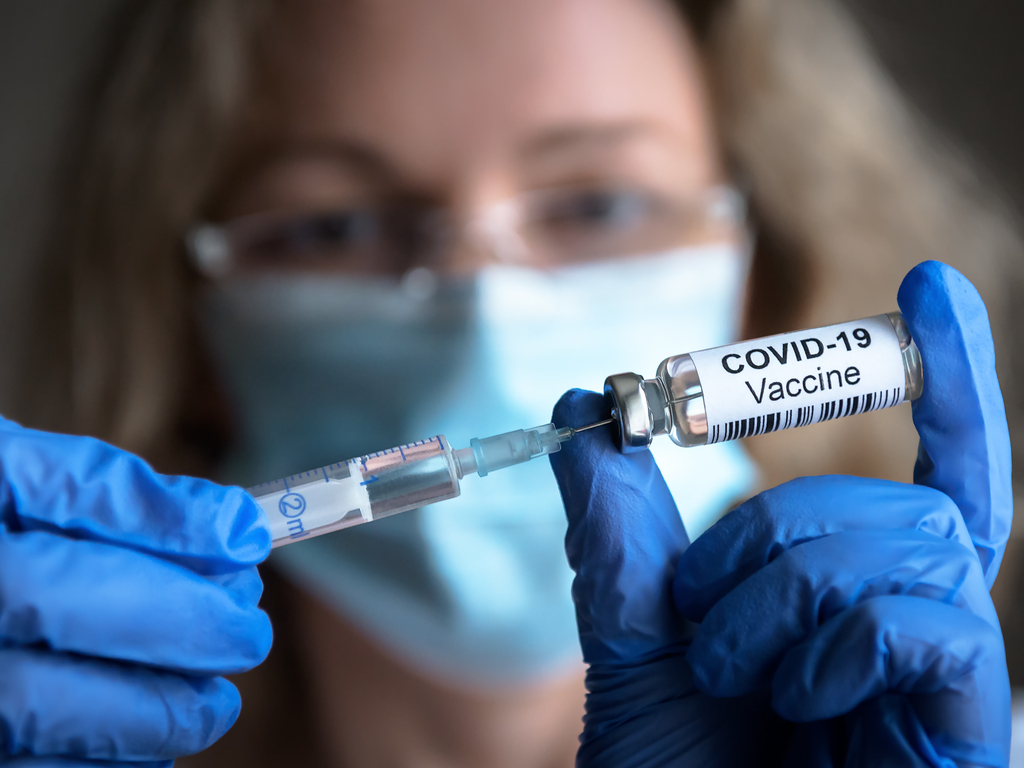Veronika Movchan, Research Director, Institute for Economic Research and Policy Consulting
As part of the European Union’s efforts to support vaccination in partner countries, this August the European Commission increased its assistance package from €40 million to €75 million to deploy safe and effective COVID-19 vaccines and speed up the vaccination campaigns in the Eastern Partnership countries. With this new €35 million assistance package, the EU seeks to substantially increase access to vaccines in the Eastern Partnership region amid the global vaccine shortage.
StrategEast has interviewed leading EaP experts to hear their thoughts on the EU’s role in vaccination process in their home countries. Here are the answers from Ukraine.
Do you believe this aid has a decisive role in ending the pandemic?
It is not very clear what is meant under “a decisive role in ending the pandemic”. The virus is mutating; some countries have already started offering the third jab. All the world population will likely need regular revaccination to protect against new virus variants – as we observe in the case of flu. Therefore, this aid can only help reduce the pandemic’s death toll but not end the pandemic.
And about the help to soften the pandemic impact. According to the 3dcftas project, Ukraine’s current contracts and international support through COVAX still leave the country with a colossal vaccine shortage, up to 30 million doses. Thus, the EU promise to deliver another 3 million doses of the vaccine is a noticeable contribution in covering this deficit.
However, the delivery schedule is equally crucial as vaccine validity tends to expire relatively quickly. As of early September 2021, Ukraine administered only about 10 million doses of vaccines, while its current in-house stocks comprise another 10 million doses. The vaccination speed is about 150 thousand doses per day, varying by vaccines’ type. As a result, there is a growing risk that some doses can expire and thus be lost if the vaccination speed does not grow.
Therefore, to be fully effective, the EU support should be well-coordinated with the Ukrainian Government to ensure that the vaccines arrive just in time to cover the deficit. Furthermore, the delivery of the jabs should be coupled with a pro-vaccination campaign and the development of the vaccination facilities to boost the vaccination speed.
Do you think this move will speed up the socio-economic recovery of your country?
Recently, several analytical centres, including our Institute for Economic Research and Policy Consulting, have downgraded the real GDP forecast for Ukraine in 2021 by about half-percentage point growth to less than 4%. The low vaccination increases the risk of another strict lockdown and its associated economic costs. Therefore, the slow vaccination has become among the critical reasons for the revision. Naturally, vaccination support is the measure that should help to boost the socio-economic recovery or, better say, make it more stable.
However, as discussed, Ukraine’s low vaccination rate is currently caused not by the acute deficit of the vaccines but by the low density of vaccination facilities and limited pro-vaccination campaigns. It will take time to speed up the process, even given the EU support in this process. Thus, the country is likely to enter 2022 with no herd immunity and face all related risks.
On the positive side, Ukraine’s economic performance revealed the country’s relatively high resilience to the Covid-related shocks. In 2020, the real GDP dropped by 4%, performing better than many EU peers. The business has been gradually adapting to the potential lockdowns. The situation on external markets and the success (or failure) of institutional reforms are as essential for Ukraine’s recovery as the fight with Covid-19 per se.




